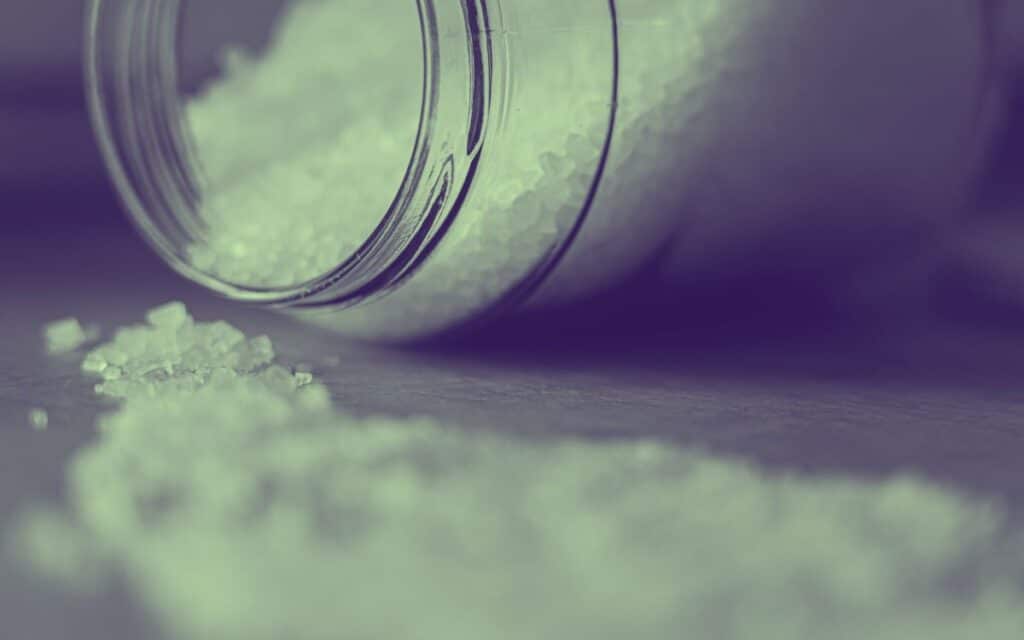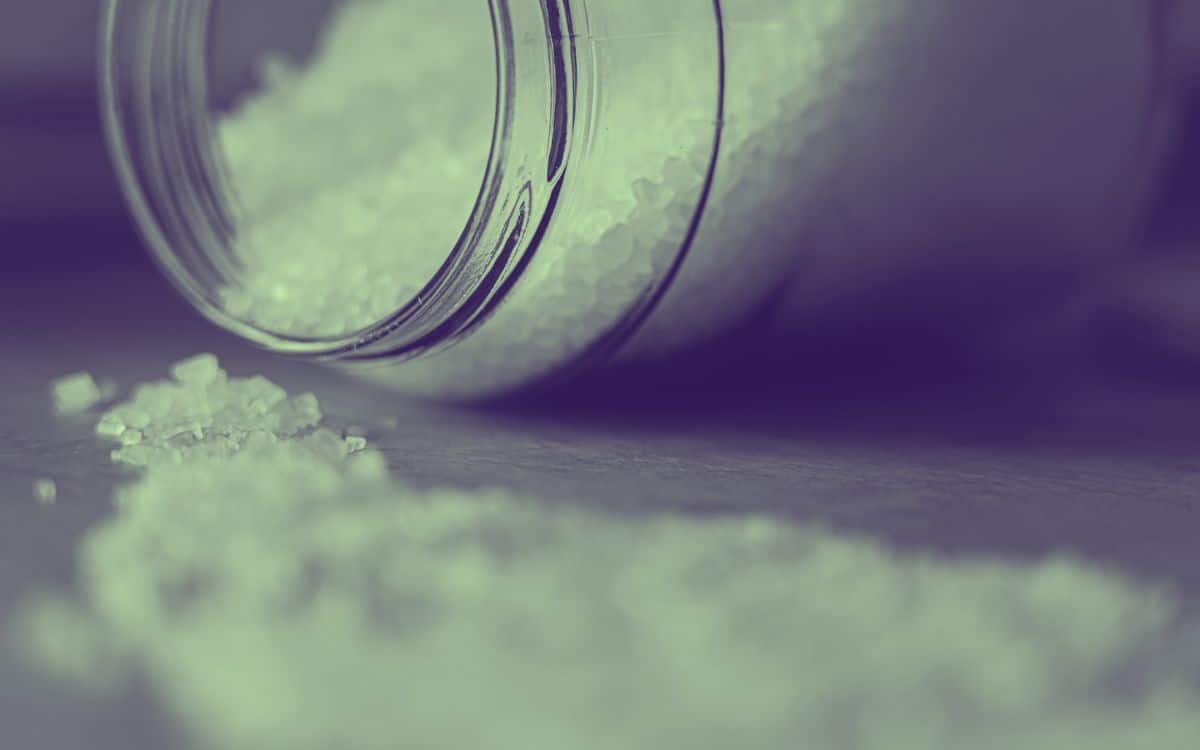Salt has been a symbol of power, purity, and protection in many cultures throughout history. Here are a few examples of how salt has been used and revered in British and Irish Folklore.

10 Facts About Salt Uses in British and Irish Folklore
Salt for Protection: In British and Irish folklore, salt was often seen as a powerful deterrent against evil spirits and malevolent forces. It was believed that sprinkling salt around the perimeter of a home or property could provide a barrier of protection against evil and keep out unwanted visitors.
Salt for Purification: In many cultures, salt has long been used as a purifying agent. Salt was often added to bathwater or used to cleanse objects and places that were thought to be contaminated with negative energy.
Salt for Healing: Salt has been used for medicinal purposes for thousands of years, and in British and Irish folklore, it was believed to have healing properties. Salt was often used to treat wounds, and it was also believed that drinking salt water could help to purify the body and improve overall health.
Salt for Luck: In some traditions, salt was believed to bring good luck and fortune to those who carried it with them. It was often given as a gift to bring good luck and prosperity, and it was also believed that spilling salt was a sign of bad luck that could be countered by throwing a pinch of salt over the left shoulder. The left shoulder was chosen because it was believed to be the location of the devil, so throwing salt in that direction symbolically countered any evil influence.
Salt for Ritual: Salt has been used in religious and spiritual rituals for centuries, and in British and Irish folklore, it was often used in rituals to purify and protect. Salt was often added to the corners of a room or property to purify it and ward off evil, and it was also used in rituals to bless and protect new homes and buildings.
Salt for Wards and Amulets: Salt was often used as a component in wards and amulets to protect against evil spirits and negative energies. These wards could take the form of a small bag filled with salt that was carried on the person, or a ring made of salt that was worn for protection.
Salt for Table Etiquette: Salt was also a significant symbol in British and Irish dining culture. It was customary to pass the salt cellar around the table during meals, and it was considered rude to reach across the table for the salt. This symbolized that guests were welcome and that the host was offering their protection.
Salt for Blessing and Consecration: In some local traditions, salt was used in blessings and consecrations to purify and sanctify objects, places, and people. This could take the form of sprinkling salt over the object or person, or mixing salt into holy water for the blessing.
Salt for Funerary Rites: Salt was also used in funerary rites. It was believed that salt could help to purify the soul of the deceased and ensure a peaceful transition to the afterlife. Salt was often placed on the tongue of the deceased and in their coffin as a final act of protection and purification.
Salt for Agriculture: In addition to its symbolic and spiritual uses, salt was also important for practical purposes. It was used as a preservative for food, and also as a fertiliser for crops. Salt was often spread over fields to improve soil fertility and increase crop yields.
Did we miss any? Tell us other salt superstitions and traditions you know in the comments below!








Adding salt to the soil increases salination and decreases soil fertility…that is why soldiers would “salt the fields of their enemies” so that even after scorched earth, the soil would not yield crops.